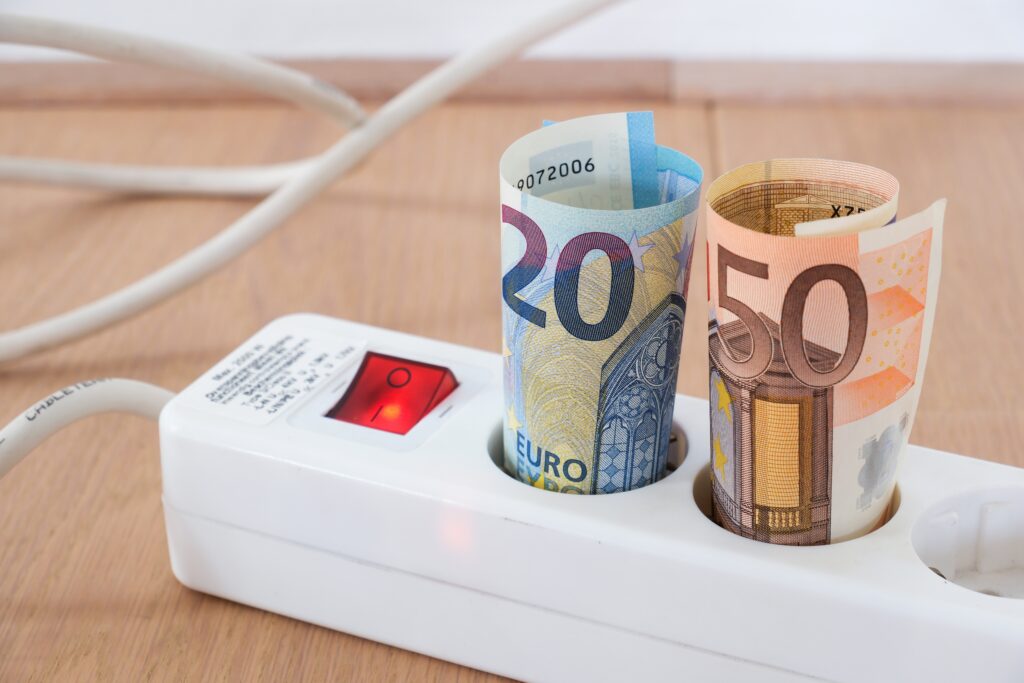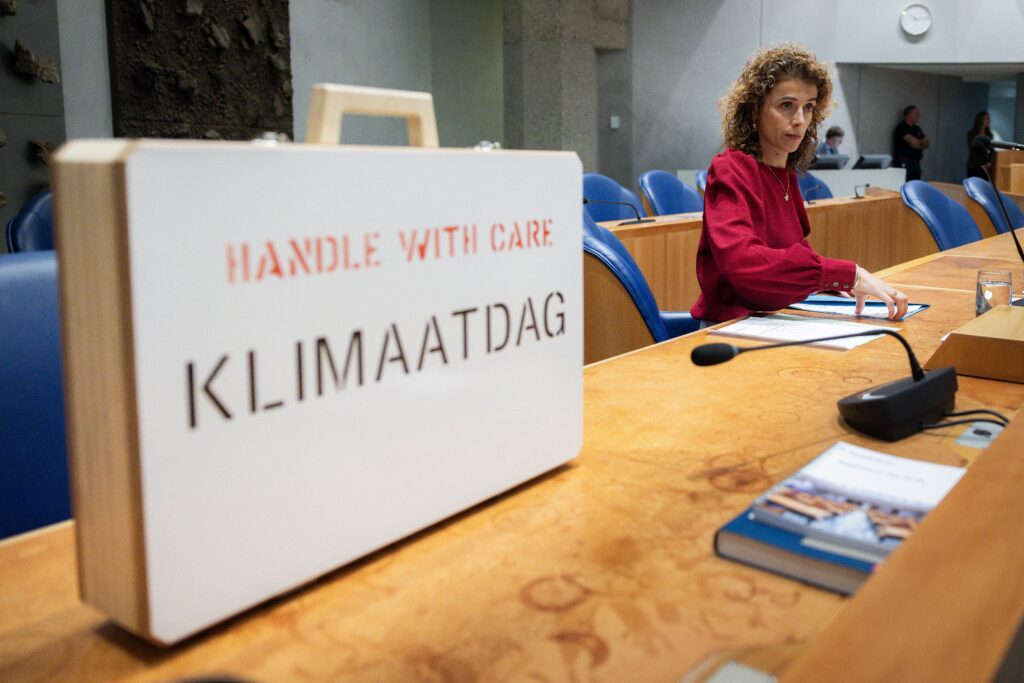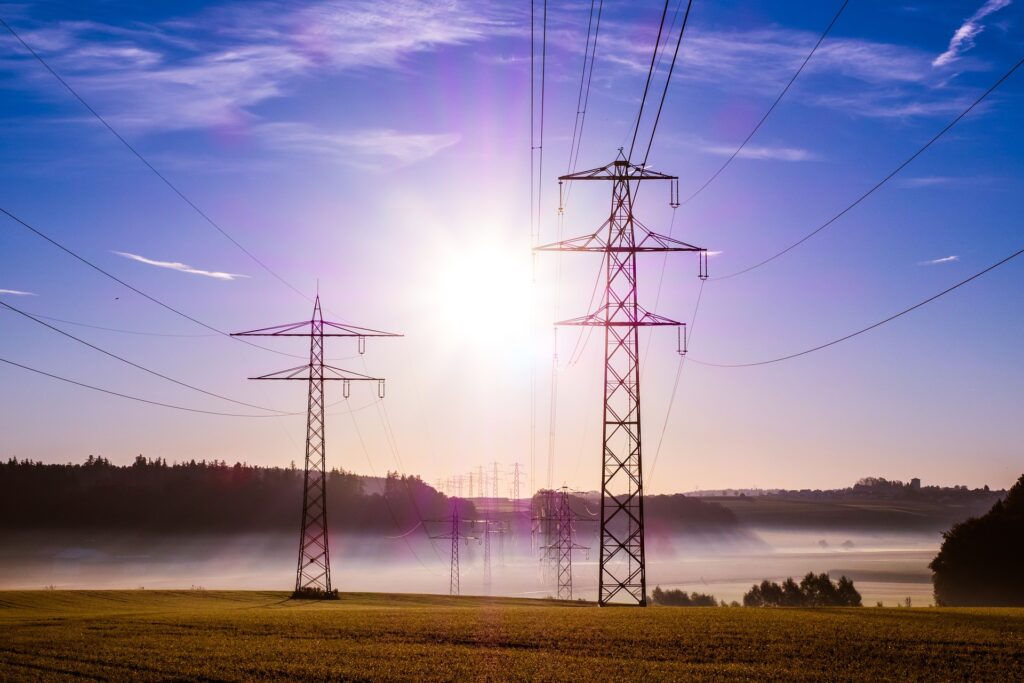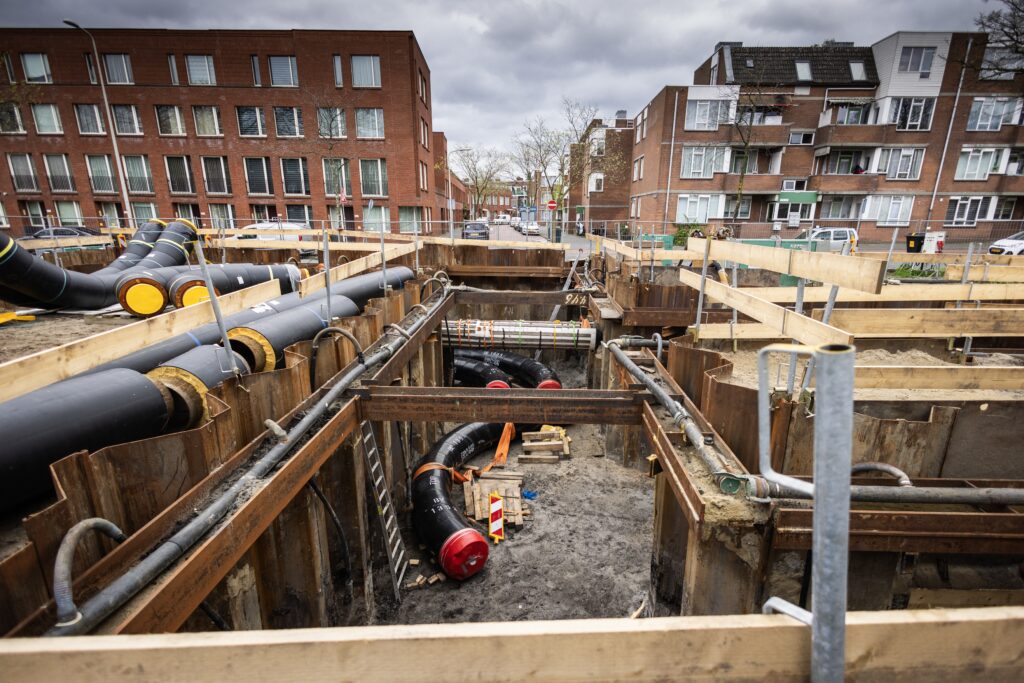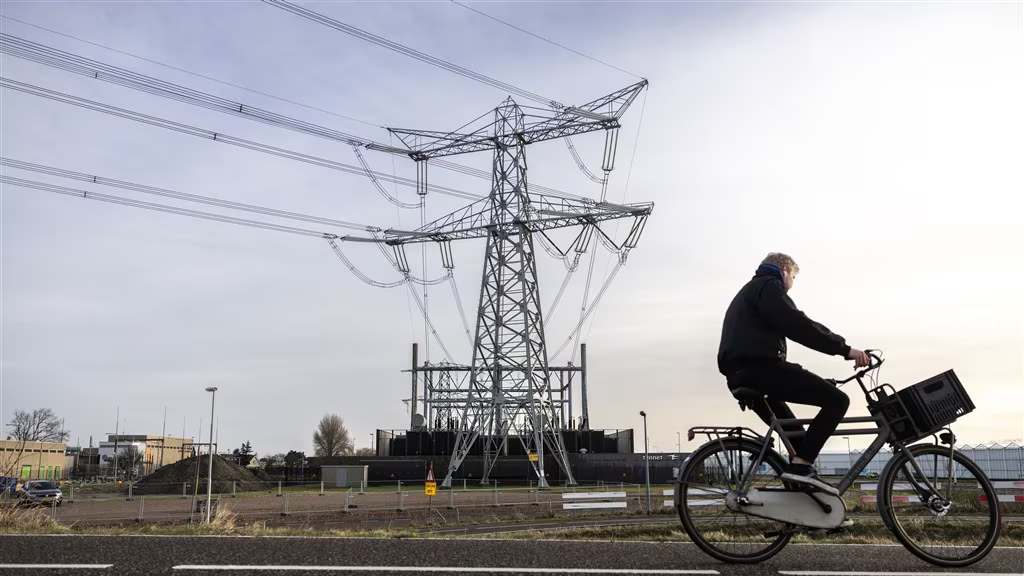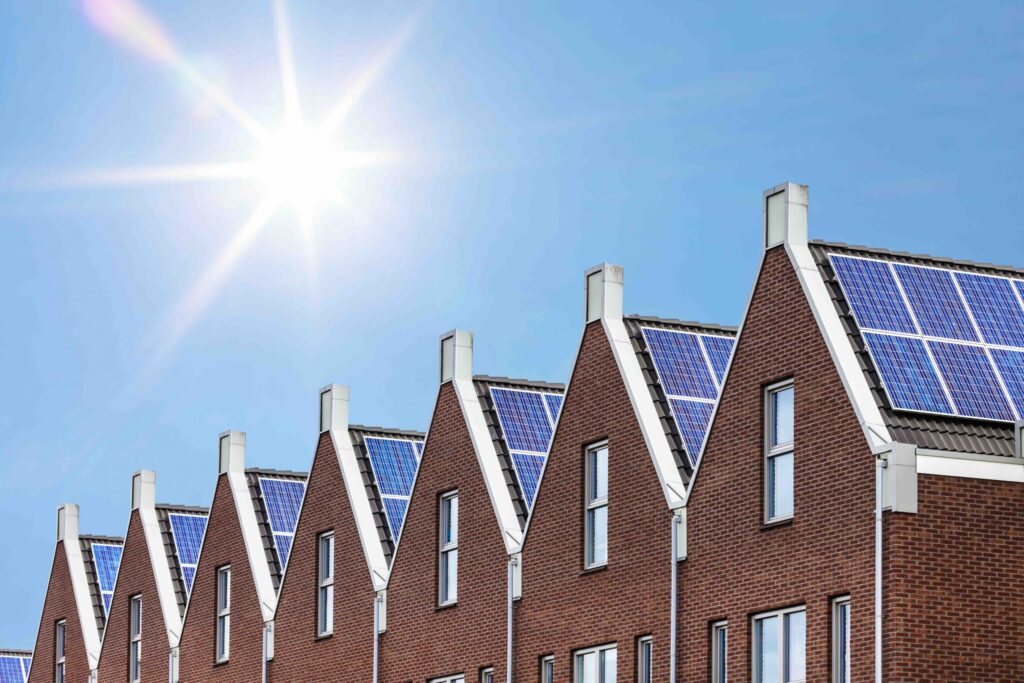The progress report from the Ministry of Economic Affairs and Climate Policy to the House of Representatives for the first quarter of 2023 shows that almost three-quarters of all households/small-scale consumers are benefiting from the price cap. In total, 2.7 billion euros of compensation has been passed on. This means the price cap is working. Last year, energy suppliers worked incredibly hard to implement this compensation measure in a very short time and they are pleased that it is paying off. With this, the sector is helping with affordability of energy bills and preventing payment difficulties and payment arrears.
People who struggle to pay energy bills despite the price cap, can call on the Temporary Emergency Energy Fund. Households can apply for support from the Emergency Fund on https://geldfit.nl/tijdelijk-noodfonds-energie/. As well as the central government, there are various energy suppliers that contribute to the fund.
Despite the drop in gas prices over the last few months, the price of energy is still a lot higher than a few years ago. However, an increasing number of energy suppliers are once again offering variable contracts, sometimes with prices below the price cap.
Minister Jetten from Energy and Climate “wants to call on all suppliers to continue in this vein, as it offers consumers the option to choose certainty in uncertain times”.
These price cap tariffs for all of 2023 (including taxes) are:
€0.40 per kWh of electricity
€1.45 per m3 of gas
€47.38 per GJ district heat
It is expected that the energy prices will remain high beyond 2023. That is why Energie-Nederland is calling on the State to prepare other measures in time for more targeted compensation after 2023. Energie-Nederland does not support a continuation of a price cap in 2024. The industry association is of the opinion there should be an arrangement aimed at the targe group that genuinely needs compensation, such as lower-income households, possibly in combination with (relatively) high energy consumption. Energy suppliers do not have access to income data – rightly so – and they want to keep it that way. As such, Energie-Nederland does not want to cooperate with generic measures, including the introduction of a social tariff (similar to Belgium), whereby energy suppliers are given access to sensitive personal data such as income.

